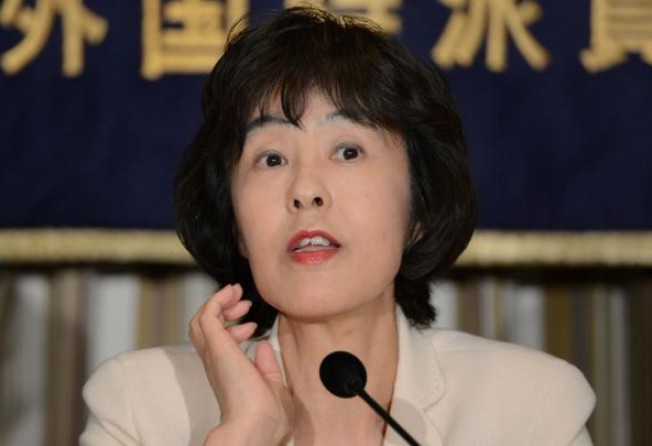
New rule on land sales not aimed at Chinese, Hokkaido governor says
Governor says 3-month notice period is not aimed at foreign buyers like Chinese

The governor of Hokkaido has defended new legislation covering land sales in the Japanese prefecture, introduced amid growing concern over purchases by foreigners including mainland Chinese and Hong Kong buyers.
Harumi Takahashi, who has served as governor of the most northerly main island in the Japanese archipelago for 12 years, said in a speech yesterday that the new rules were not designed to specifically target mainland or Hong Kong buyers. The rules require a three-month notice period before land purchases.
But there was concern across Hokkaido that land snapped up by overseas investors would not be developed sympathetically.
The biggest concerns, Takahashi said, revolve around large-scale tourism developments that might damage forests critical to the islands' water supplies.
"The ordinance went into effect in April, but it took us three years of discussions to prepare it," she said. "Hokkaido has abundant amounts of pristine water and forests that serve to maintain our water supplies. But recently, interest in Hokkaido by foreigners has increased."
The island covers more than 83,000 square kilometres and some 1,039 hectares have been purchased by foreign companies. Of the 57 known foreign purchases, 21 involved companies from mainland China, eight from Singapore and five from Australia. Prefectural officials said they believed nine sales were to Hong Kong firms, but they were not sure because the transactions were completed through the tax haven of the Virgin Islands.
Suspicion over other nations' reasons for purchasing Japanese land has risen in recent years, and is increasing again amid disputes with China and South Korea over the sovereignty of remote islands.
In December 2010, residents in Nagoya opposed the construction of a new Chinese consulate, staging demonstrations and petition drives fuelled by clashes with Beijing over the Senkaku or Diaoyu islands. Earlier that year, Sapio magazine printed a 24-page report that said: "China will buy up Japan."
Takahashi, however, is desperate not to further alienate mainland tourists who have been staying away from her prefecture in their droves since the most recent rows over the Diaoyu Islands. "People's concerns are not targeted at the [mainland] Chinese or Taiwanese," she said. "These are important visitors to Hokkaido."
Under the new Hokkaido ordinance, anyone wishing to buy or sell a plot of land is required to notify local authorities three months in advance. Until April, there was no record of who was selling land to whom.
Once notified, the governor said, prefectural authorities would "provide advice" on how the land can be best developed without damaging water resources. Developers are not obliged to act on the advice, she admitted, but any that fail to take heed might be named and shamed.
In the wake of Hokkaido law, similar legislation has been implemented in the prefectures of Saitama, Gunma and Ibaraki, while Yamagata, Fukui, Yamanashi and Niigata are expected to pass such laws before the end of the fiscal year.
"Our ordinance is specifically designed to conserve our water resources, but there may be a national security aspect as well," Governor Takahashi said. "But I think that issue should be dealt with at the national level and that is something that our prefecture has been raising with the national government."